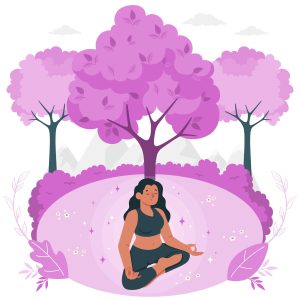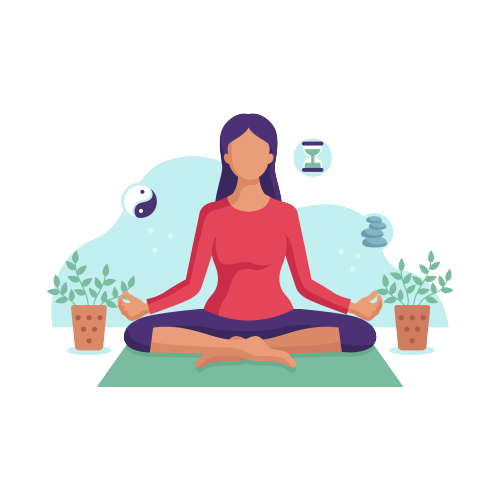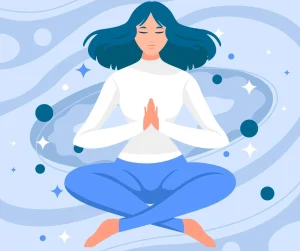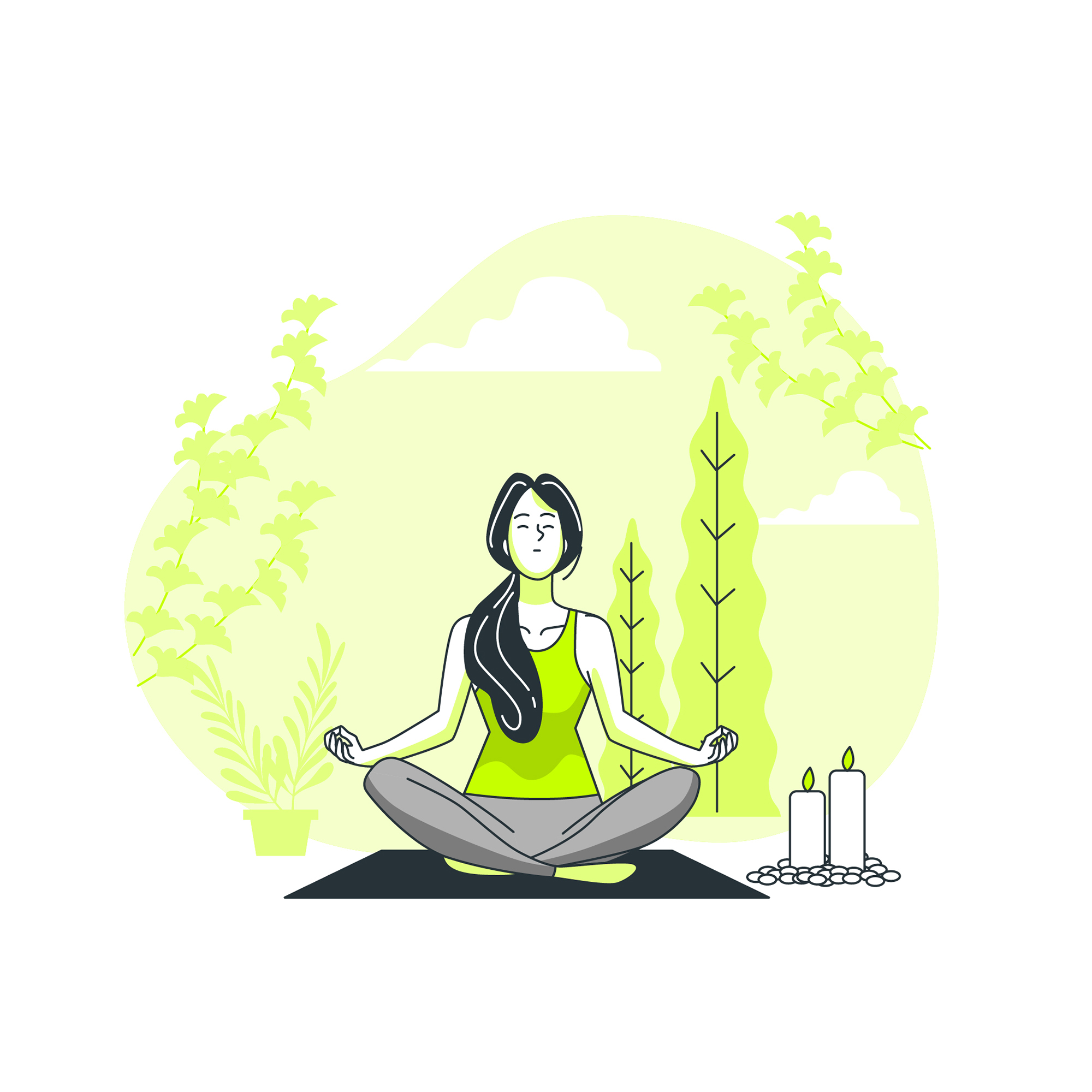
Our daily lives are often filled with judgment.
When I say Judgment, I don’t necessarily mean a negative label. I mean, any label.
What is a Judgment?
A Judgment, simply put, is any label assigned to an experience. ‘Good’ ‘bad’, ‘interesting’, ‘useless’ are a few obvious ones.
Once you have labeled something as ‘good’, ‘bad’, ‘I like’, or ‘I don’t like’; what follows are shoulds and should nots – I should engage with this experience, or, I should not engage with this.
For example, – You are in an auto rickshaw and feeling the breeze as you ride. You might feel happy or relieved to feel the breeze. However, almost immediately, you might label that experience as ‘fruitless’ , or ‘what’s the point of this when all’s not well at work, my relationships are so difficult, things are not working out’ and so on.

Want To Start Practicing Mindfulness Meditation?
Mindfulness is a beautiful practice that helps us become rooted in life. It involves getting our minds back to the present and paying attention to the life that is unfolding right now within and around us.
Why is it important to cultivate non-judgmental mindfulness as a practice?
1. Judgment Comes at a Cost to You. We have an average of 70,000 to 80,000 thoughts per day, that’s an average of 2500 to 3200 thoughts per hour. Several of these thoughts are Judgments. If you pay some attention to the mind, you will find that it is constantly judging experiences as ‘important’ and ‘unimportant’, if not ‘good/bad’. What happens as a result is:
2. Negative Experiences are Amplified. Often, the things we dismiss as being unimportant are neutral moments like the 4th or 5th sip of tea, driving along the roads, walking along the street, brushing, bathing, etc. If you stop to watch what truly goes on in the mind during these neutral moments, you’ll see that several times, it will go right back to things that cannot be fixed, or are yet to be fixed. It will go back to something that is not yet okay. This will sometimes be a small issue, like what show to watch tonight or what to cook and sometimes a bigger difficulty like a difficult exam or a difficult relationship. Irrespective, the mind goes back to something like this several times each day. As a result, problems get amplified and a lot of mind space is dedicated to them.
3. Unhappiness Sets In. You can very well imagine what could happen to a mind that constantly thinks of problems, things to fix; a mind that is always thinking of something other than what is.
Such a mind is hardly content. It is hardly able to rest in what is. A mind that constantly worries about problems naturally also moves to being an increasingly unhappy mind.
4. There is Lesser Space to Accept and Work with What Is. This tendency to judge and put things in boxes leaves you with lesser space to accept what is. As a consequence, discontent and suffering increase.
Let me give you a simple example. Say you are stuck in a traffic jam or are waiting in a long queue. f you are caught in thoughts of how the experience is ‘horrible’, ‘terrible’, and ‘why does this have to be?’,
What follows is a stronger repulsion against the experience. As long as you are in the experience, and even afterwards, your suffering is greater.
Versus
If you wait while simply noticing the people around, the activity on the street or in the room, feeling your hands on the steering wheel or your breath, the experience of having to wait may not be pleasant, but is likely to be far less distressful. You discover some space to wait and there is more peace in your system as you wait.
Non-Judgmental Mindfulness : Where to Begin?
- Recognize Judgment: A simple first step to cultivating non-judgmental mindfulness is to simply recognize Judgment when it comes up. Gently know when Judgment or labels have come up, non-Judgmentally!
- Don’t Judge the Judgmental Mind: It is important not to judge the judging, but to simply recognize it as a habit of the mind, not just your mind, but the human mind.
- Slowly come back to the present moment: Coming back to the immediate experience of sights, sounds around you, coming back to the breath can anchor you in the present, slowly reducing the hold that mental chatter has on you.
About the Author
This article was written by Counselors & Mindfulness Trainers at Inner Space.
Ask a Therapist
If you are interested to know more about mindfulness and other mental health topics, ‘Ask A Therapist’ is a platform for you to ask your questions related to Mental Health, Mindfulness & Emotional Well-Being to our team of qualified Therapists.




